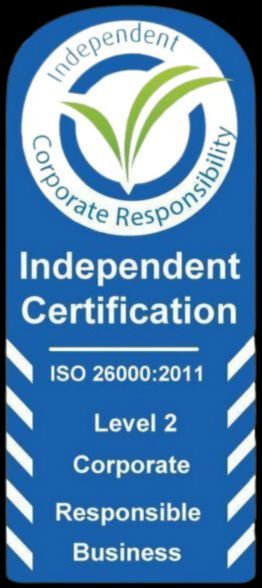Audit Quality Assurance
Audit Quality Assurance
Quality Assurance and Audits are used as benchmarking tools that serve the same purpose: improving quality, consistency and reliability in operations. Quality assurance is part of the Total Quality Management Framework, which can be manifested through a number of operational policies and systems.
Audits are more specific. They are systematic investigations of a specific area of operations. Audits can dig into any area of a company, including accounting, human resources and even quality assurance programs. Understanding the definitions of these two terms and their interrelationship can give you more insight as an entrepreneur or manager.
Defining Quality can be described in three elements that combine Quality, Performance and expectations.
Quality Management Systems does not aim to assure 'good quality' by the more fit-for-purpose definition, but rather to ensure that an organisation or product is consistent. This can be considered to have four main components: Quality Planning, Quality Control, Assurance and Quality Improvement. Quality management is focused not only on product service and quality, but also the means to achieve it.
Quality Management therefore uses Quality Assurance and control of processes as well as products to achieve more consistent quality.

